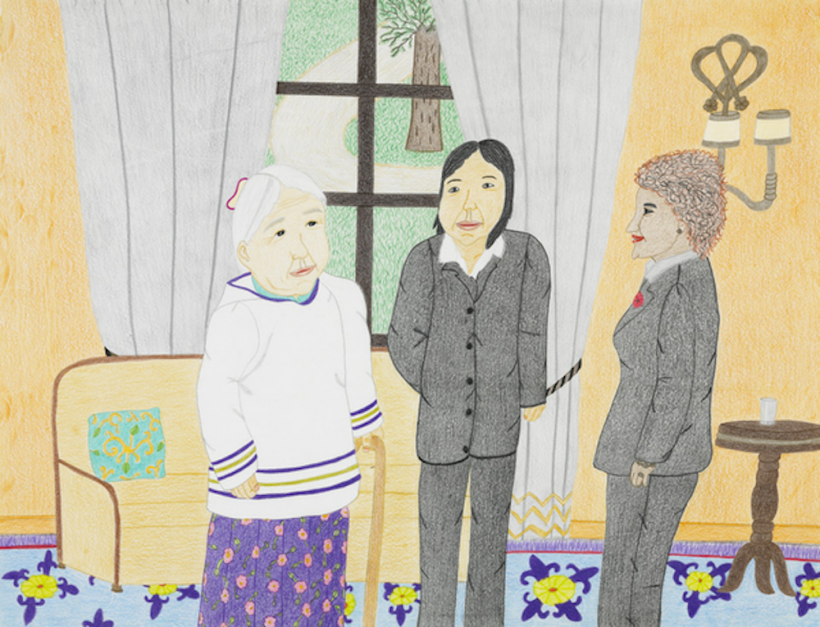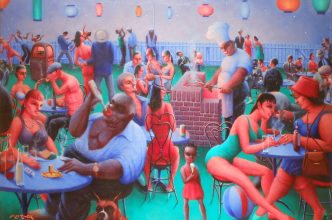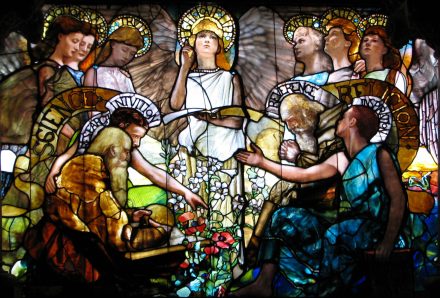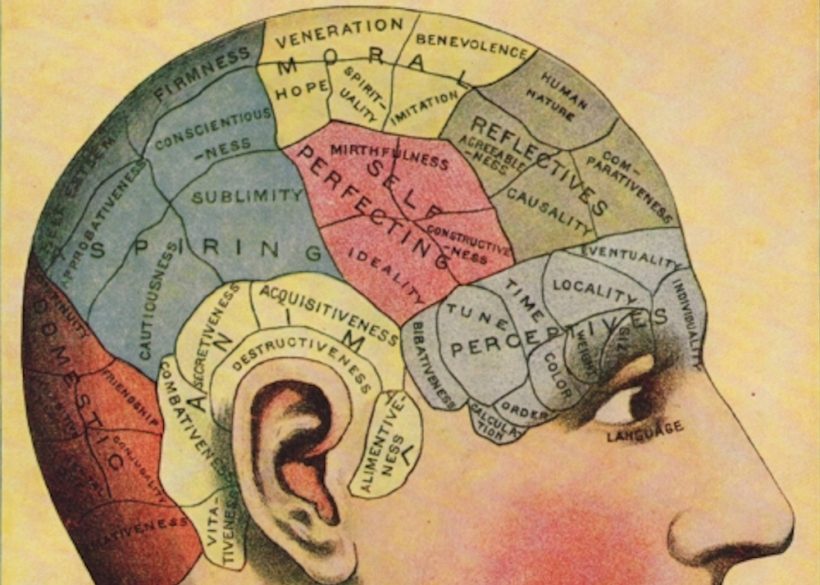The Philosopher Who Showed Canadians How to Talk to One Another
How Charles Taylor’s Ideas About Dialogue and ‘Deep Diversity’ Helped Keep a Country Together
VIDEO: Are You an Optimist?
Charles Taylor on Hope as a Matter of Faith and Morality
It’s harder to be an optimist when times are uncertain than when they are relatively sunny. Canadian philosopher Charles Taylor, professor emeritus at McGill University, explains the sources of his optimism.
Since the 1960s Taylor has written about the humanities, sociology, political science, and the history of philosophy. Through his writing (16 books plus contributions to many others), teaching, and collaborations, Taylor has plumbed the mysteries of how we understand ourselves as well as how we may come to understand others who hold markedly different beliefs and values. In addition to his academic work, he has been involved in politics in Canada and has worked (via public dialogue) on the tricky issues of multiculturalism and cultural identity. …
Why This Existential Tome Is Everything to College Kids
From Instagram to Authenticity, Philosopher Charles Taylor Seems to Be "Reading Our Mail"
When I announced in 2011 that my senior undergraduate seminar would be devoted to wading through Charles Taylor’s mammoth 900-page tome, A Secular Age, I wasn’t sure what to expect. Taylor is one of the world’s most celebrated thinkers, but I had my doubts that my students at Calvin College, a Christian liberal arts college of about 4,000 students, would want to wrestle with the work of this notoriously difficult Canadian philosopher. When the seminar table filled, I was intrigued. Either these students were gluttons for punishment, or Taylor’s questions about belief and unbelief in the 21st century had struck a nerve. …
VIDEO: Do Philosophers Have an Obligation to the World?
Charles Taylor on Why Those Who See a Path to Positive Change Must Share It
Philosophy has a reputation for being abstract and analytical, somewhat apart from the world. So we asked Charles Taylor if philosophers have an obligation to the …
Can Philosophy Unite a Divided World?
Through the Language of Ideas, We Can Understand and Embrace New Morals and Concepts
As a scholar of the history of ideas, I’m interested in the debates pitting cosmopolitanism against nationalism. Roughly speaking, cosmopolitans believe that we can create spaces where people …
VIDEO: Why Should Philosophers Go Into Politics?
How Charles Taylor’s Foray Into Public Life Provoked Conversations That Fueled the Life of the Mind
Philosopher Charles Taylor has had a life in politics as well as academia. During the 1950s, when he was studying philosophy at Oxford, he wrote and edited Universities …
VIDEO: How to Struggle With Big Questions
For Charles Taylor, It Starts With Embracing and Overcoming Confusion
What Atheists and Monks Have in Common
The Secular World Is Just as “Imagined” as Any Religious Faith
It’s hard for me to think of a philosopher more important for my work than Charles Taylor. I’m a sociologist, and while most people don’t think of sociology as an especially philosophical discipline, if you dig a little beneath the surface, philosophy is actually all you’ll find. That’s not just true for sociologists either: It’s true for anyone who makes arguments about people, which is to say, everyone who’s ever been able to talk.
For example: Let’s say someone thinks her boss is a suck-up to her supervisor and not especially helpful to those she supervises. The employee describes the boss as a “kiss up, kick down” kind of manager. …
VIDEO: What Does Poetry Prove About Humans?
A Philosopher Explains How Romantic Verse Shows the Moral Capacity of Language
In 1798, poet William Wordsworth and his sister took a walk in the Welsh countryside. The poem he wrote about that walk—“Lines Composed a Few Miles above Tintern Abbey”—moved readers deeply. Wordsworth was one of the leading poets of the …
Charles Taylor Ruined My Perfectly Good Consulting Career
How Reading the Philosopher's Sources of the Self Put My Own Sense of Self Through the Wringer
I first met Charles Taylor when I was a graduate student at McGill University in Montreal in 1984. …
VIDEO: What Does Philosophy Need to Do in the Future?
Charles Taylor Urges His Peers to Think Like Historians, Musicians, and Sociologists
Canadian philosopher Charles Taylor is the 2016 recipient of the Berggruen Philosophy Prize for ideas that shape the world. His work has crossed disciplines from philosophy to political science, anthropology, …
VIDEO: Is Fighting Populist Anger a Losing Battle?
A Philosopher, Armed With "Crazy Optimism," Lays Out His Three-Front Counter-Attack
Populist anger is shaking the world, epitomized by the U.K.’s vote to “Brexit” the EU and even the election of Rodrigo Duterte in the Philippines. In the U.S., Donald Trump’s election has transformed populist anger into political power. Is a worldwide populist wave inevitable?
Canadian philosopher Charles Taylor has spent decades studying how democracies succeed and fail, in the West and elsewhere. He has also been a leading voice for the unity of Canada and the distinctive identity of Quebec, which forced him …
Does Philosophy Hold Crucial Insights for the Neuroscience of Inspiration?
How Charles Taylor's Exploration of Language is Shedding Light on the Link Between Reading and Big Ideas
VIDEO: Where Is Multiculturalism Working?
Charles Taylor On How The Enthusiasm of Successful Immigrants Affirms Native Pride
Multiculturalism has become a loaded word, with cities like Paris and Brussels becoming emblematic of the failure of the ideal of different cultures and religions living together. Canadian philosopher Charles Taylor started working on the issues of diversity and multiculturalism in the 1980s and published an influential essay called “The Politics of Recognition” in 1992, which said that recognition is a “vital human need.” In 2007, when a controversy arose in his home province of Quebec over whether or not to accommodate immigrants from different …












